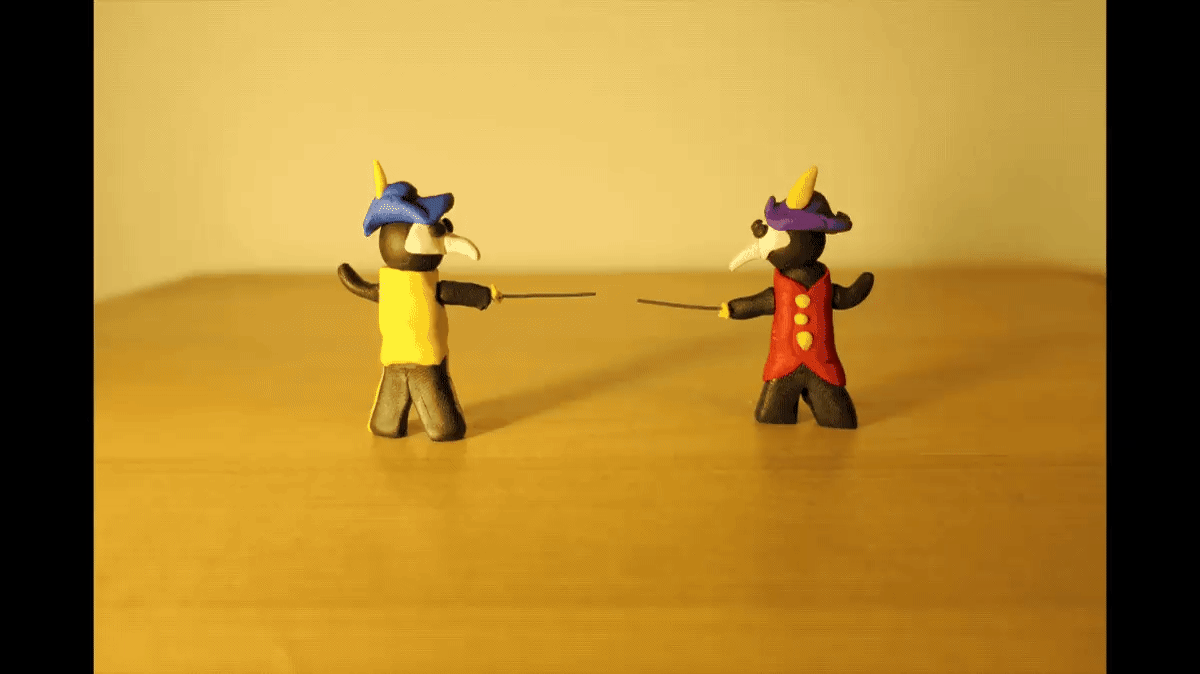#16: Change the World with a Story
The first in a series on clear, memorable storytelling in science to make information "stick".
For something that humans have used for millennia, we really haven’t used the art of storytelling to its full capacity when it comes to sharing science.
In fairness, a critical feature baked into producing science is recording of only the facts, but in enough detail so that someone else can pick up the report and understand exactly how the study was run. By being clear about how the data was created and collected, others can assess whether the conclusions made about the data are accurate and appropriate.
To judge science without bias, you need an unbiased accounting of the work completed.
What’s happened, though, is that we’ve extended the same language, tone, vocabulary and sentence construction to any communication we try to make about research. Even something as minor as the dreaded group introductions at the start of a workshop; for example:
"I'm Lizzy," the first person said. "I'm a second-year Ph.D. student in the Baxter group working in the field of material sciences."
After ten or 20 of these (and if you haven’t yet lost the will to live), will you remember what Lizzy does?
I think this is where storytelling can help science. Simply put, “Storytelling is a fundamental part of being human. Our brains are wired that way.
According to Dr. Jennifer Aaker, a Stanford Business professor who studies the power of stories, combining data and stories allows us to process information better. Using stories to share information help the listener or reader remember the message, connect on a personal level to better understand it, and feel emotion that then persuades them to act on that message.1
Without scrolling up, can you remember what Lizzy, the second year PhD student, studies?2 Our inability to remember even simple statements like her introduction are why we are now seeing seminars and workshops try to help scientists improve their communication.


Now, note the difference from the earlier introduction at a science communication workshop and Lizzy’s revised introduction of herself and her research:
"We have all been in airports: check-in, passport control, security check, waiting to board. It can easily take an hour or two. Now imagine an airport where you can just walk straight to the gate because your body, face, and luggage are scanned without you even noticing. Wouldn't that be amazing? Crucially, all the data has to be collected safely, securely, and accurately. This is what I am working on: new methods for data storage and translation."
This second quote is a very simple story, and an example that storytelling in science doesn’t need to be lengthy to stir conversation, or full of big words.
It’s also an example of how this storytelling can be authentic, and I think that’s critical. Disinformation is everywhere. So in embracing storytelling as a vehicle, I don’t want to add to the general mistrust of science by slapping on a narrative that only tugs at the heart strings, but makes no sense to include. Or to lean into one’s authority status as a scientist to convince an audience.3
So this is where I amend my original statement, and say that I think authentic storytelling can help science. If the pandemic has made anything crystal clear to me, and if there was a central thesis to this newsletter, it’s this.
In my next post on storytelling, I’m going to look at the words we use, and how a stay-at-home mom from Liverpool changed the world of science communication.
What do you want to know about science communication and storytelling? Let me know in the comments below!
We know from social psychology that we can process information logically if we are motivated and interested. If that’s not your audience, then emotional appeals work better. The study of persuasion has informed much of the business and advertising worlds, but I want to avoid any disingenuous.
Yeah, me neither, and I wrote and edited this post.
The floor recognizes the charlatan cardiothoracic surgeon pretending to be from Pennsylvania.







My daughter recently completed her PhD in nephrology and I couldn’t for the life of me tell you what she does--I’ll see if she’ll take the bait on your proposition (I’m taking it as a proposition that more people doing complex things should tell a story about them).
There is so much in this piece that pairs well with what I wrote about how to integrate more science in the English classroom: https://litthinkpodcast.substack.com/p/turn-my-english-classroom-into-a